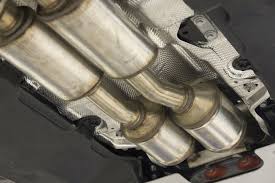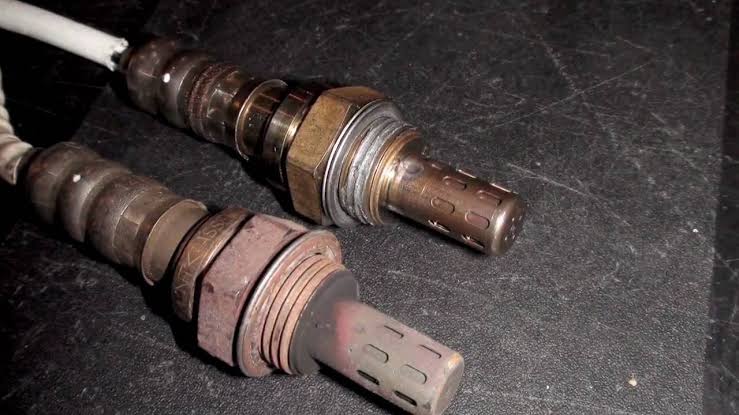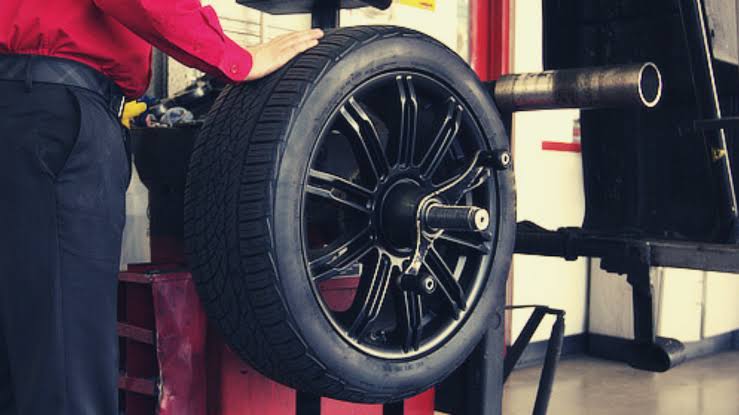Will Putting Oil in My Car Make It Start?

If your car isn’t starting, you may wonder if adding oil could be the solution. While oil is a vital component of your engine, it’s unlikely that simply adding oil will get your car to start if other issues are present. However, low or empty oil levels can cause significant problems that might prevent your car from starting. Let’s explore the connection between oil levels and engine starting issues.
How Oil Affects Your Engine
Oil plays an essential role in the functioning of your car’s engine. It lubricates the moving parts, reduces friction, prevents overheating, and helps in cleaning the engine. Without sufficient oil, the engine’s components can become damaged, and the engine may seize up, leading to starting problems. Here’s how:
1. Lubrication for Engine Parts
- The oil in your car helps to lubricate vital engine components like the pistons, camshaft, and crankshaft. Without proper lubrication, the friction between these parts can lead to overheating or damage, which can cause your engine to seize, preventing it from starting.
2. Cooling the Engine
- Oil also helps to absorb and dissipate heat generated by the engine. If the oil level is too low, the engine could overheat, causing issues with starting.
3. Cleaning and Protection
- Oil also carries away dirt and debris that could otherwise build up inside the engine. Low oil levels can result in an accumulation of contaminants, potentially causing engine failure.
What Happens if You Don’t Have Enough Oil?
If the oil level is too low or there’s no oil in the engine, the engine may not start for several reasons:
1. Seized Engine
- Without oil, the internal components of the engine can seize due to excessive friction. A seized engine won’t start and could result in severe engine damage.
2. Engine Warning Light
- Modern cars are equipped with sensors that monitor oil pressure. If the oil level is low, the check engine light or oil pressure warning light may come on. In some cases, the car’s engine management system may prevent the car from starting to avoid further damage.
Will Adding Oil Help Start the Car?
If your car isn’t starting because of low or no oil, adding oil might solve the issue temporarily. However, it’s important to understand the following:
1. Check the Oil Level
- First, check the oil level using the dipstick. If the oil level is low, adding the correct amount of oil to your engine may help. Be sure to use the type and grade of oil specified in your car’s manual.
2. Start the Car
- After adding oil, try starting the car. If the engine still doesn’t start, the issue might be something else, such as a dead battery, faulty starter, fuel issues, or a mechanical problem.
3. Permanent Solution
- Even if adding oil allows your car to start, low oil levels are a sign of an underlying issue, such as an oil leak, burning oil, or poor maintenance. It’s crucial to have your vehicle inspected by a mechanic to address any other potential problems.
Other Reasons Your Car Might Not Start
If your oil levels are fine, other issues may be preventing your car from starting. Here are a few common culprits:
1. Dead Battery
- A dead or weak battery is a frequent reason for a car not starting. If the engine turns over slowly or not at all, the battery may need to be charged or replaced.
2. Fuel Issues
- A lack of fuel or a clogged fuel filter can prevent the car from starting. Ensure your car has enough fuel, and consider checking the fuel system.
3. Starter or Alternator Issues
- Problems with the starter motor or alternator could also prevent your car from starting. A malfunctioning starter won’t be able to crank the engine, and a failing alternator may not supply enough power to the battery.
4. Ignition System Problems
- Faulty spark plugs, ignition coils, or a broken key fob can also prevent your car from starting.
Conclusion
While putting oil in your car can help prevent engine damage and may allow your car to start if low oil levels are the problem, it’s not a guaranteed solution to all starting issues. Low oil levels can cause serious engine problems, including a seized engine, which would make starting the car impossible. If adding oil doesn’t resolve the issue, there may be other underlying problems that require professional inspection.
Frequently Asked Questions (FAQs)
1. Can low oil cause a car not to start?
Yes, if the oil level is too low, it can lead to engine damage or overheating, which may prevent the car from starting.
2. How do I know if my car has enough oil?
You can check the oil level using the dipstick, which is typically located near the engine. Make sure the oil level falls between the minimum and maximum marks.
3. Will adding oil immediately fix my car’s starting issue?
If the car isn’t starting due to low oil, adding oil may help temporarily. However, if there’s a deeper issue, like engine damage or an oil leak, the car may still not start.
4. Can running a car with low oil cause permanent damage?
Yes, running your car with low oil can cause internal damage due to increased friction, leading to more serious problems like engine failure.
5. What type of oil should I use for my car?
Always use the oil type and grade recommended by the manufacturer in your vehicle’s owner’s manual. This ensures proper engine performance and longevity.
6. If my engine starts after adding oil, should I still have it checked?
Yes, if your car was low on oil, it’s important to have it checked by a mechanic to determine why the oil level was low in the first place and to check for any potential damage to the engine.





